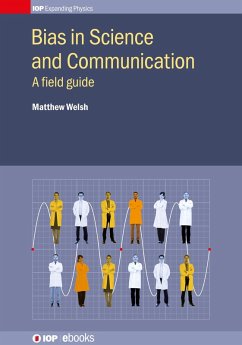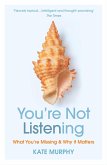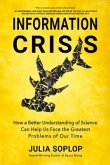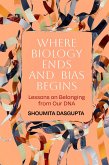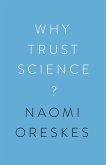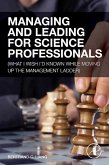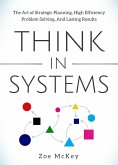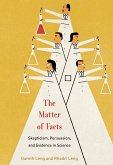Bias is a natural outcome of our thinking patterns. The nature of our cognitive processes leads to inherent limitations, resulting in predictable biases in both our own judgements and the interpretation of our communications by the public, by policymakers and even other scientists. This book will introduce the concept of biases arising from cognitive limitations and tendencies with a focus of the implications of this for scientists in particular. It begins with an initial quiz designed to demonstrate key biases - allowing readers to look back at the responses that they provided prior to reading about specific biases and thus see, without the impact of hindsight bias, whether they were susceptible to the effects.
Dieser Download kann aus rechtlichen Gründen nur mit Rechnungsadresse in A, D ausgeliefert werden.

